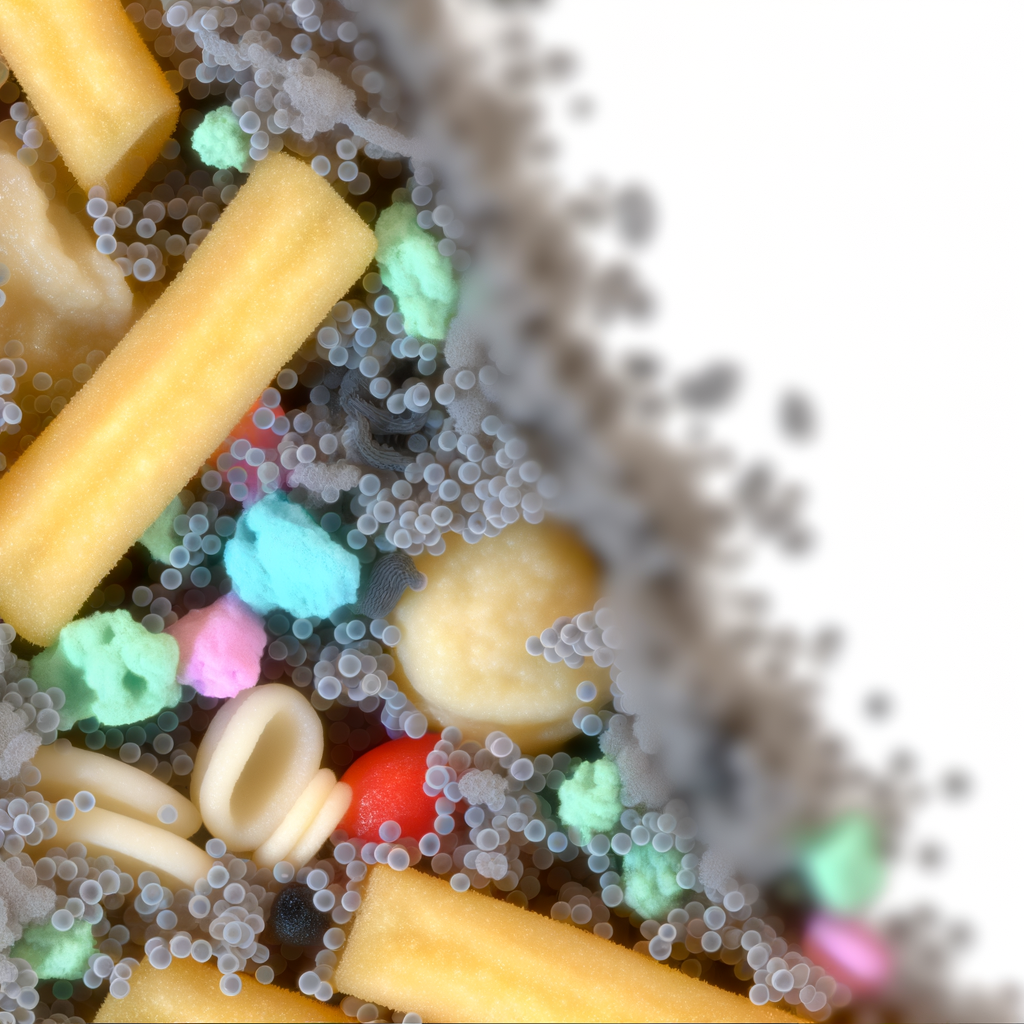7th Annual Holiday Toy & Treat Event! Bring Joy To a Shelter Pet
How Microplastics in Junk Food Could Be Impacting Your Mental Health
Guest Contributor
Recent research has uncovered a surprising connection between microplastics found in junk food and increased risks of depression. These tiny plastic particles, often invisible to the naked eye, are pervasive in many processed foods, raising concerns about their effects on human health beyond just physical harm.
Microplastics are minute fragments of plastic debris that result from the breakdown of larger plastic waste or are manufactured at microscopic sizes for use in products. Because of their small size, they easily contaminate food and beverages, entering the human digestive system. Junk food, with its high processing levels and packaging, is particularly susceptible to microplastic contamination.
The study suggests that consuming these microplastics might disrupt gut health and the microbiome, which plays a crucial role in regulating mood and mental well-being. The gut-brain axis is a complex communication system where gut health can influence brain chemistry, potentially leading to mood disorders such as depression.
Researchers analyzed dietary habits and mental health indicators, noting a correlation between high junk food consumption, microplastic intake, and depressive symptoms. While causation is not definitively established, the findings highlight a new area of concern in nutrition and mental health research.
This emerging evidence urges consumers to reconsider their food choices and encourages policymakers to address plastic pollution and food safety standards. Reducing plastic waste and minimizing junk food consumption could be vital steps toward improving both environmental and personal health.
As our understanding of microplastics' impact grows, it's clear that the tiny particles can have outsized effects on well-being. Staying informed and making conscious lifestyle changes could help mitigate these hidden health risks.
Read the article on the New York Post

